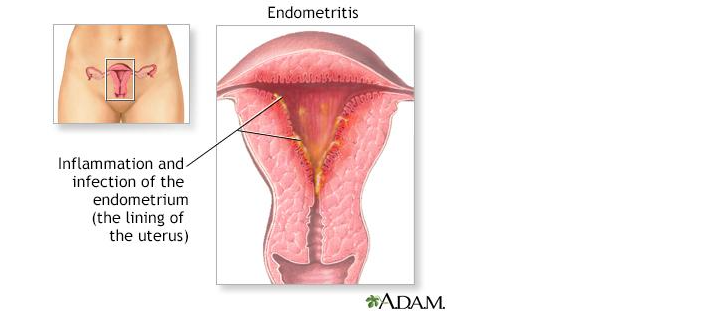Introduction
Introduction ( 10 Questions)
A nurse is administering prescribed medications before Cesarean delivery.
What medication should the nurse administer?
Prophylactic antibiotics and antacids are commonly given before a Cesarean delivery to prevent infection and reduce the risk of aspiration. Antibiotics can reduce the incidence of postoperative endometritis and wound infection. Antacids can neutralize the stomach acid and lower the pH, which can minimize the lung injury if aspiration occurs.
painkillers and sedatives are not routinely given before a Cesarean delivery. Painkillers are usually given after the surgery or during the surgery if regional anesthesia is used. Sedatives are not recommended because they can cause respiratory depression and cross the placenta to affect the baby.
antidepressants and antipsychotics are not indicated for a Cesarean delivery unless the woman has a psychiatric condition that requires them. These medications can have adverse effects on the mother and the baby, such as bleeding, hypertension, cardiac arrhythmias, sedation, withdrawal symptoms, and neurobehavioral changes.
antihistamines and decongestants are not relevant for a Cesarean delivery. Antihistamines can cause sedation, dry mouth, and urinary retention, and decongestants can cause hypertension, tachycardia, and insomnia. These medications can also cross the placenta and affect the baby’s health.
Prophylactic antibiotics and antacids are commonly given before a Cesarean delivery to prevent infection and reduce the risk of aspiration. Antibiotics can reduce the incidence of postoperative endometritis and wound infection. Antacids can neutralize the stomach acid and lower the pH, which can minimize the lung injury if aspiration occurs.
Choice B is wrong because painkillers and sedatives are not routinely given before a Cesarean delivery. Painkillers are usually given after the surgery or during the surgery if regional anesthesia is used. Sedatives are not recommended because they can cause respiratory depression and cross the placenta to affect the baby.
Choice C is wrong because antidepressants and antipsychotics are not indicated for a Cesarean delivery unless the woman has a psychiatric condition that requires them. These medications can have adverse effects on the mother and the baby, such as bleeding, hypertension, cardiac arrhythmias, sedation, withdrawal symptoms, and neurobehavioral changes.
Choice D is wrong because antihistamines and decongestants are not relevant for a Cesarean delivery. Antihistamines can cause sedation, dry mouth, and urinary retention, and decongestants can cause hypertension, tachycardia, and insomnia. These medications can also cross the placenta and affect the baby’s health.
